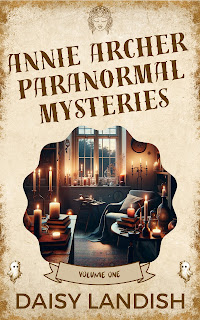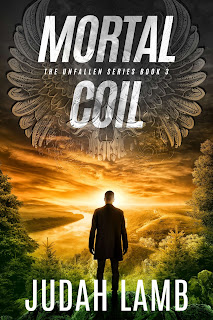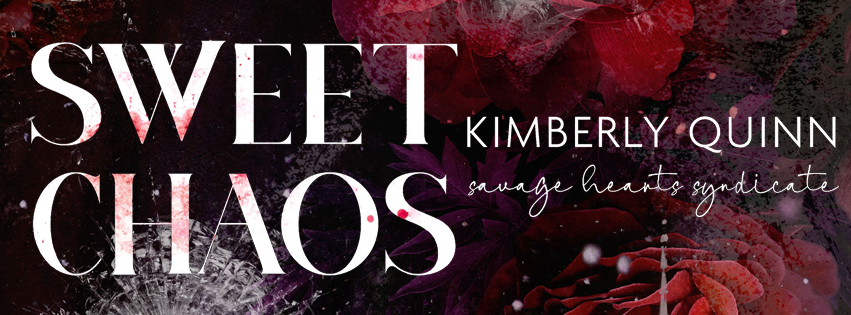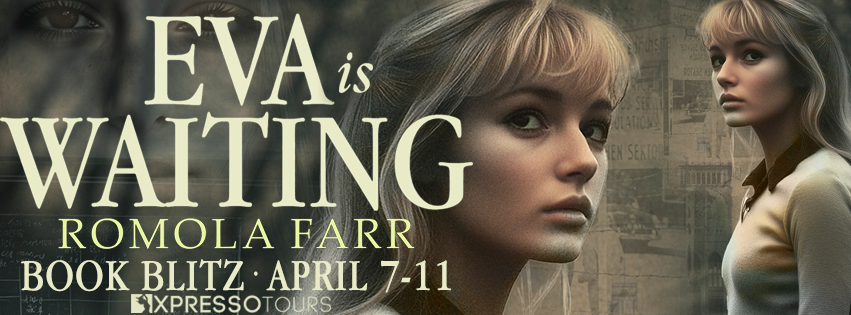Book Genre: FAMILY & RELATIONSHIPS / Marriage & Long Term Relationships; Self-Help : General
Book Description:
"Romantic Recovery" is a study of the modern relationships game, revealing the drama in the lives of the characters who perform within it. Showcasing eight well-known players: - Failed Family - Daddy's Girl - Cheating Partner - Posing Friend - Mummy's Boy - Sexual Predator - Bully - Fanatic this is a unique journey through the thrilling Contest of Recovery where females and males score points in deciding the fate of 64 relationship dilemmas. As a finale, there is an intimate eight-day diary with questions and answers designed to benefit singles or couples on a personal quest for romantic recovery.
We first started to lose our dream by competing for approval in the family of origin. The acceptance of parental manipulation stemmed from our deep rooted feelings of pain and powerlessness. By taking the protector’s malaise on board we were subjected to the spiteful and infantile game played out in the Bully portrait. It eroded our already fragile esteem.
If we are lacking in esteem we are unable to have a relationship based on equality, which impairs our ability to form an adult relationship with success. The bride in the Failed Family portrait cannot pursue her dream because she is locked into old familiar feelings of hurt and disappointment. Her decision to walk away sets a more decisive course of responsibility into motion. She needs time alone to find her freedom.
The Posing Friend portrait shows the deceptive nature of a dishonest relationship. The farce of feigned sincerity and goodwill coupled with failure to show genuine concern for a friend’s feelings, asks the question of where the posing friend’s true intent lay.
Past pain is present in everyday situations. Whenever we allow our feelings to be manipulated we will feel afraid. The man in the Cheating Partner portrait hides in the swimming pool because he is too full of fear to confront his partner. Her desertion of the relationship causes him to feel alone and betrayed. By owning his feelings in the conclusion of the portrait he is taking the first steps towards recovery.
The Daddy’s Girl portrait clearly shows the manipulated infant. She assumes a superior attitude because she deludedly believes she is daddy’s favourite. As a result she cannot maintain a fair and just relationship with anyone.
Showing complete disinterest in an adult desire for man/woman unity, the young man in the Mummy’s Boy portrait has failed to wean from his mother’s selfish obsession to dominate and manipulate his feelings. His reality has been corrupted by the misconception that her needs are paramount.
The position of the victim in the Sexual Predator portrait portrays the hopelessness of being the replacement of the sexual predator’s partner in a situation which has nothing to do with sex or love, where manipulation is the tool, and silence is its torture. However, there is a strong possibility of returning hope, because the witness has finally decided to speak.
The person in the Fanatic portrait continues the cycle of fear by side-stepping old childhood pain. The quest for maturity and wisdom cannot be fulfilled until he/she confronts his/her origins in a truthful and fearless manner.
The most successful way to address our fear in any situation of manipulation, is to see it as part of a maladjusted game. A game which can only continue to exist while we avoid our past, our feelings and our pain.
What inspired you to write “Romantic Recovery” - Life changing experiences.
When or at what age did you know you wanted to be a writer – for Waterford, at thirty-six;
What is the earliest age you remember reading your first book – for Waterford, at seven;
What genre of books do you enjoy reading - The Classics.
What is your favourite book – There are no favourites.
Who is your favourite author and why – It is part of our work not to have favourites.
If you could travel back in time here on earth to any place or time. Where would you go and why - to times gone by when men and women yearned for unity.
When writing a book do you find that writing comes easy or is it a difficult task – it is both.
Do you have any little fuzzy friends. Like a dog or a cat. Or any pets – no pets.
What is your “to die for” favourite food/foods to eat – anything natural and health giving.
Do you have any advice for anyone who would like to be an author – get started.
WATERFORD: As a registered nurse in public hospitals, I received extensive experience in observing and treating trauma and recovery. Additional periods of real life research have encouraged me to strive to locate the definitive cause of less noticeable trauma. During this study, I have developed through a foundation of insight, the wisdom to appreciate that unidentified emotional pain, if not addressed, is re-created in the form of various discordant and abusive relationship behaviours. My contribution to this book has been refined and inspired over fifteen years.
ADAMS: Teaching for nineteen years in state high schools, with further professional involvement in human relationships education, school camps, term dances and the senior formal, I had the opportunity to study young adults and gain insights into their struggles. The additional years I worked as a telephone counsellor developed my natural intuition, giving me instinctive perception in personal pain and relationship issues. My contribution to this book is to offer a potential for its readers to secure greater awareness through self discovery.
























































































0 comments:
Post a Comment